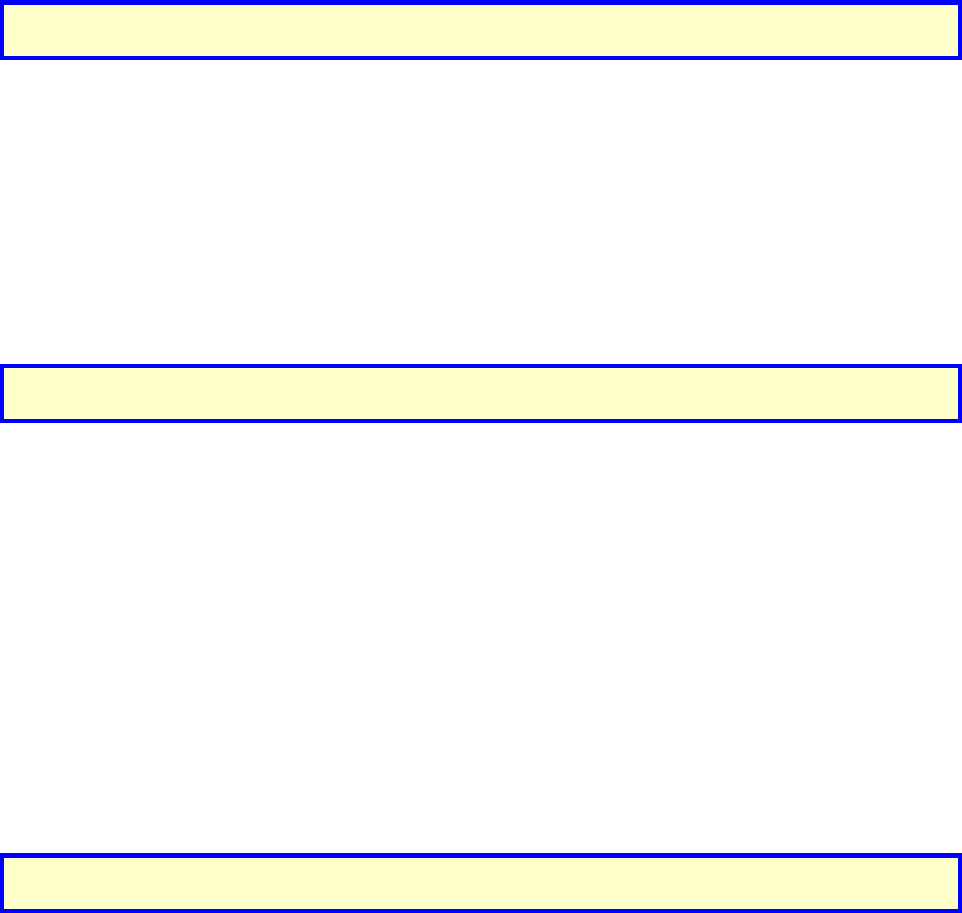
Approved by the State Board of Education
January 8, 2009
1
Standards for Graduate Teacher Candidates
The North Carolina Professional Teaching Standards Commission developed teaching standards based on
a “new vision of teaching” in light of 21
st
century opportunities, needs and demands. The following five
graduate program standards are parallel to and expand upon those standards. These are advanced
standards, appropriate for teacher education programs to use as guidelines in developing their graduate
level teaching programs. Teachers granted the master’s degree license are expected to be teacher leaders
in their specialty area, to facilitate the creation of healthy educational environments, to have deep
knowledge and skills in their content and curriculum, to use research in making decisions about effective
practice for student learning, and to be continuous, reflective practitioners who model the values of
lifelong learning, critical thinking, problem-solving and innovation.
Standard 1: Teacher Leadership
Teacher leaders assume the roles and responsibilities of collaborative leaders in schools and communities.
Teachers demonstrate leadership in their classrooms, schools and professional organizations; they
advocate for students and effective educational practices and policies; and they are role models for ethical
leadership. Teacher leaders will know and be able to:
• Demonstrate effective ongoing communication, collaboration, and team-building among colleagues.
• Facilitate mentoring and coaching with novice teachers.
• Set goals and establish priorities while promoting educational initiatives that positively affect student
learning.
• Participate in professional learning communities.
Standard 2: Respectful Educational Environments
Teacher leaders model leadership by establishing a positive and productive environment for a diverse
population of students, their families, and the community. Teachers are knowledgeable about cultures
and global issues and how they are contextualized locally. Teachers help colleagues develop effective
strategies for students with special needs. They encourage positive, constructive relations among
colleagues and students. Teacher leaders:
• Facilitate the development of inviting, respectful, supportive, inclusive, and flexible educational
communities.
• Create collaborative partnerships with families, schools, and communities to promote a positive
school culture.
• Facilitate and model caring and respectful treatment of individuals within the learning community.
• Demonstrate knowledge and understanding of diverse world cultures and global issues.
• Encourage high expectations for all students.
• Collaboratively design and implement curriculum and instruction that is responsive to learner
differences.
Standard 3: Content and Curriculum Expertise
Teacher leaders have a deep knowledge of the subjects they teach and understanding of curriculum theory
and development. They value collaboration and the interconnectedness of disciplines. They understand
the importance of curriculum relevance in engaging students in content. Teacher leaders:

Approved by the State Board of Education
January 8, 2009
2
• Demonstrate in-depth knowledge of curriculum, instruction, and assessment.
• Model the integration of 21
st
century content and skills into educational practices.
• Develop relevant, rigorous curriculum.
Standard 4: Student Learning
Teacher leaders facilitate student learning through evidence-based practice informed by research. They
understand and apply research in child and adolescent development, cognitive development, and general
and specialized pedagogy. They encourage critical reading, writing and thinking in the learning process.
They foster instructional and evaluation methods that embrace variety and authenticity. They promote
student reflection and self-assessment. They encourage colleagues and students to take on leadership
roles and work in teams. Teacher leaders:
• Seek out and use existing research to inform school practices.
• Design action research to investigate and improve student learning and school policies and practices.
• Model technology integration that supports student learning.
• Critically analyze student and school performance data to determine needs and plan instruction that is
rigorous, coherent, and substantiated within a theoretical and philosophical base.
Standard 5: Reflection
Teacher leaders contribute to systematic, critical analysis of learning in their classrooms and beyond.
They are lifelong learners who model and support ongoing professional development. Teachers embrace
critical thinking, problem solving, and innovation. Teacher leaders:
• Promote an educational culture that values reflective practice.
• Model the development of meaningful professional goals.
• Model personal and professional reflection to extend student learning and school improvement.
